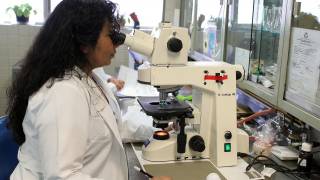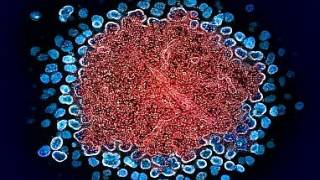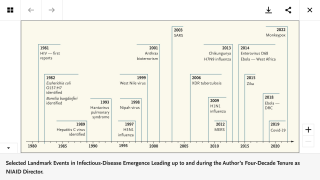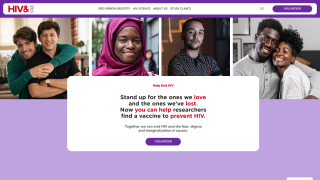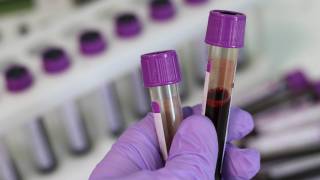New HIV Vaccine Strategy Could Be a Winner
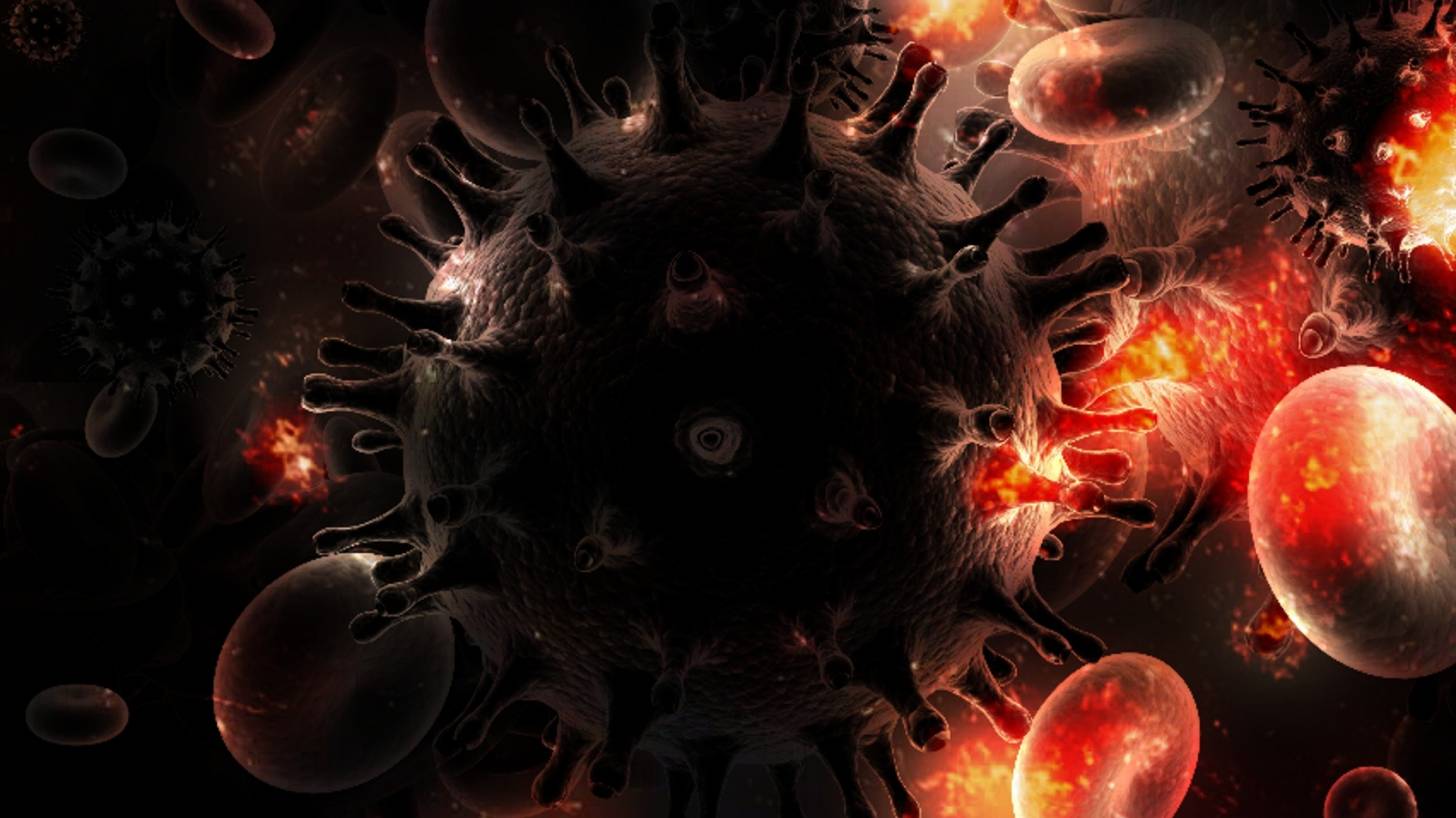
A team of government researchers says they have developed an HIV vaccine candidate that is able to neutralize dozens of strains of the virus in animals.
HIV, or human immunodeficiency virus, is the virus that causes AIDS (Acquired Immunodeficiency Syndrome).
A central goal of AIDS vaccine research is the elicitation of antibodies capable of neutralizing diverse primary isolates of HIV-1.
But, the creation of a commercial vaccine has not been achieved and has proven to be complex.
The initial attempts to develop a vaccine against HIV in the late 1980s were based on eliciting an antibody response, which is how most vaccines are thought to work.
Two leading sources of research frustration is the HIV virus' outer structure ability to hide from the immune system, and because the virus mutates quickly.
According to a new mice study, this team at the National Institutes of Allergy and Infectious Diseases (NIAID), successfully targeted a peptide in the virus' entry machinery.
In mice, these immunogens elicited monoclonal antibodies capable of neutralizing up to 31 percent of a cross-clade panel of 208 HIV-1 strains.
"Scientists have used their detailed knowledge of the structure of HIV to find an unusual site of vulnerability on the virus and have designed a novel and potentially powerful vaccine candidate," said NIAID Director Anthony S. Fauci, M.D., in a press release.
"This elegant study is a potentially important step forward in the ongoing quest to develop a safe and effective HIV vaccine."
This experimental vaccine candidate is based on an epitope called the HIV fusion peptide, identified by NIAID scientists in 2016.
The fusion peptide, a short string of amino acids, is part of the spike on the surface of HIV that the virus uses to enter human cells.
According to these scientists, the fusion peptide epitope is particularly promising for use as a vaccine because its structure is the same across most strains of HIV, and because the immune system clearly “sees” it and makes a strong immune response to it.
The fusion peptide lacks sugars that obscure the immune system’s view of other HIV epitopes.
This vaccine research is important because nearly 37 million people are living with HIV around the world, says the NIH.
In the United States, 1.2 million people are living with HIV, of whom 13 percent are unaware of their diagnosis.
Globally, AIDS-related deaths have dropped by 45 percent since their peak in 2004.
Yet the rate of HIV transmission remains unacceptably high, with 2.1 million new infections occurring worldwide in 2015 alone.
A human clinical trial of this new vaccine regimen is anticipated to begin in the second half of 2019.
Additional HIV vaccine news articles:
- HIV Vaccine Candidate Generated Near 100% Immune Responses
- HIV Vaccine Awareness Day Celebrates the Breadth and Potency of Research
- HPV Vaccine May Not Be Effective for HIV Adults
- UMass Launches HIV Vaccine Candidate Study
Peter D. Kwong, Ph.D., and John R. Mascola, M.D., led this NIH study. Dr. Kwong is chief of the Structural Biology Section at the NIAID Vaccine Research Center, and Dr. Mascola is the center director. No conflicts of interest were disclosed.
Our Trust Standards: Medical Advisory Committee



